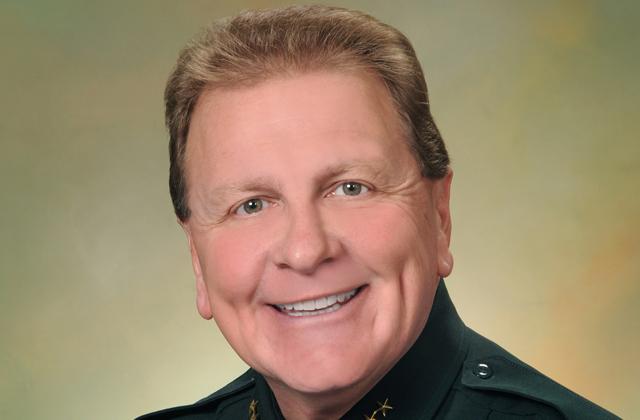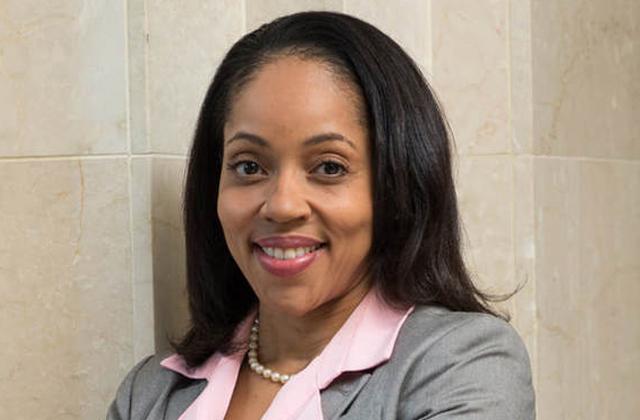The case of slain St. Cloud mother, Nicole Montalvo, has gone all the way to Tallahassee amid a public dispute between the sheriff and the state attorney.
At stake is the prosecution of Montalvo’s husband, Christopher Otero-Rivera, 31, and his father, Angel Rivera, 63, for her murder.
The men were arrested in October for premeditated murder after Investigators found Montalvo’s remains on the grounds of Rivera’s St. Cloud home, where Otero-Rivera was also living.
The discovery at the Hixon Avenue property came about a week after Montalvo went missing. Her body was discovered about a week after the young mother disappeared.
“Nicole was killed and her body was cut into pieces and then buried by Angel and Christopher,” according to the arrest affidavit. But exactly how she was killed and who did it were not included the affidavit.
Despite the arrests, no charges have been filed in Montalvo’s murder.
Osceola County Sheriff Russ Gibson contends that Orange-Osceola State Attorney Aramis Ayala does not want to pursue homicide charges. Ayala contends Gibson did not take her office’s advice, and arrested the men prematurely.
At the sheriff’s behest, State Attorney General Ashley Moody has intervened.
In a letter to Gov. Ron DeSantis, Moody said the dispute between Gibson and Ayala is “public, personal, and appears to be acrimonious,” and that the situation “seems to be escalating in a manner that is not conducive to the ends of justice.”
Moody said the Office of Statewide Prosecution’s preliminary opinion was that there are charges that could be filed against Otero-Rivera and his father, Angel Rivera.
Moody said that opinion could change with additional work and answered questions.
“In any event, the speedy trial timeline is running and I am concerned that the dispute and disagreement between the Sheriff and State Attorney, which now appears to be personal, could result in a miscarriage of justice,” Moody wrote to close the letter.
Ayala held a press conference on the steps of the Osceola County Courthouse Friday just before Moody released the letter.
“Had the sheriff followed the advice and listened to my office, we would have an unlimited time to gather sufficient evidence for a successful prosecution,” Ayala said.
“I will no longer expose my office and my homicide team to blame and lies. I refuse to be part of a public spectacle that has been created by the sheriff,” she said. “On several occasions he has offered facts that simply aren’t true. He has made conclusions that are in direct conflict with the evidence, or significant lack thereof.”
In response to Ayala’s press conference and Moody’s letter, Gibson said:
“From the beginning, our goal is to bring justice to Nicole Montalvo, her family and the citizens of Osceola County. After it became apparent that the State Attorney’s Office was not interested in pursuing homicide charges, my office began exploring ways to get a second opinion,” Gibson wrote in a press release.
The sheriff said that he and his detectives travelled to Tallahassee to meet with Moody and that the State Attorney also met with him in Osceola County.
“I would like to personally thank Attorney General Moody and her staff for showing commitment to the pursuit of justice by taking the time to review this case. After watching the press conference by State Attorney Ayala this morning, I believe that justice can only be achieved in this case if it is given to the Office of Statewide Prosecution,” Gibson said.
Although law enforcement and prosecutors can disagree on process issues under certain circumstances, the rift between Gibson and Ayala is unusual, said Matt Nobles, a criminal justice professor at the University of Central Florida.
“What is very uncommon in this case is for the issue to escalate so publicly, involving press conferences and so forth,” Nobles wrote in an email to the News-Gazette.
“This type of public airing of grievances is unusual because both parties are required to cooperate in order to successfully prosecute cases. When there is a public dispute of this kind, it may promote a perception that the state’s case is weakened, due to issues such as the availability or admissibility of evidence, the interpretation of the law, and so on,” Nobles said.
There may be legal implications in the broad sense, he said.
“If the prosecutor feels that further investigation is warranted and that an arrest is premature, it may undermine the confidence of the prosecutor in filing charges,” he said.





